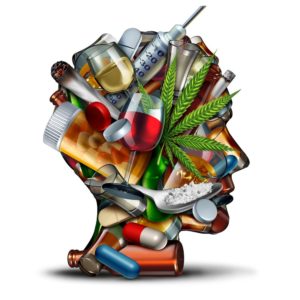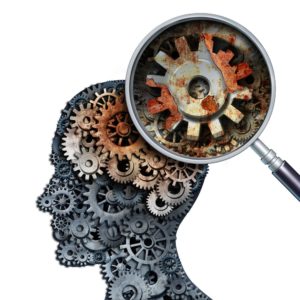 Opioid addicted patients are masters of manipulation but, armed with the proper support and knowledge a supportive loved one, could dramatically change the trauma risk and outcome pathway of a patient with OUD.
Opioid addicted patients are masters of manipulation but, armed with the proper support and knowledge a supportive loved one, could dramatically change the trauma risk and outcome pathway of a patient with OUD.
The actions of the Opioid dependent person can be maddening and destructive to anyone around them and unless you have been through it yourself in some fashion, having the correct perspective is almost impossible. There is a ton of misinformation on the internet, very little of which pertains to the behavioral aspects of the loved one who has OUD. Attention and perspective must be appropriate when dealing with the patients manipulations and needs if the outcome is going to be successful.
Call Us Now For Immediate Help
Examples of Opioids are: Codeine, Norco, Oxycontin, Fentanyl, Morphine, Heroin etc.
This is a gross generality of course, but what is needed is an understanding of why the patient is acting so far out of character. People with OUD may be constantly lying even when it doesn’t matter, stealing everything of value even from their own family, isolating themselves even from the people whom they love and live with. Opioid addicted/dependent patients may become less and less clean in place or habit and lastly that they make many very poor decisions, especially ones that involve predictive or consequential thinking or planning or decisions having to do with saying no to an impulse.
 The short answer is that they actually have “Opioid induced brain damage” and don’t even know it. They may think that they are acting reasonably and normally even though they are not and since they are adults or close to it, they think they know best (as does a 3 year old).
The short answer is that they actually have “Opioid induced brain damage” and don’t even know it. They may think that they are acting reasonably and normally even though they are not and since they are adults or close to it, they think they know best (as does a 3 year old).
The reason, in extremely simple terms, is that damage has occurred in three critical regions of the brain.
Call Us Now For Immediate Help
The first part is in the Opioid receptors which multiply to accommodate the assault of the poisonous Opioids. This creates a tolerance (the need for more drugs each time) and simultaneously raises the bar for the brains ability to feel pleasure (Dopamine and Serotonin) which is why patients feel craving and withdrawal.
Second is damage to a part of the Limbic system which includes the Midbrain and Amygdala and is responsible for desire and reward. This area expands at the expense of the Prefrontal cortex which we will get to in a minute. It becomes overly powerful in acting on any desire or need (impulse) and overrides any attempt to say no. It is backed up by the initiation of craving and withdrawal (like extreme hunger pains) which it uses to get the patient to use opioids constantly.
Third is the Prefrontal Cortex, which is supposed to say ‘NO’ if an action is not good for you. This part of the brain is responsible for executive functioning (i.e. decision making, predictive thinking and consequential thinking). Examples would include stealing to get money for drugs, lying to get money for drugs, isolation and lack of cleanliness due to the inability to feel pleasure for things other than drugs and the list goes on and on. Other things that lack thinking like driving under the influence, buying drugs from unknown sources that could kill you, inability to keep a job or a relationship etc. are also hallmarks of the OUD patient.
Call Us Now For Immediate Help
It is critical to the recovery of OUD patients that both they and their significant others recognize and understand that OUD is a disease of the brain just like Bi-polar, depression, schizophrenia, PTSD etc and patients must allow themselves to be treated accordingly. There then is the crux of the problem. OUD patients must want and accept treatment even though their brain is telling them the opposite. As the patient slowly sinks further and further into the rabbit hole of addiction their ability to fight against it becomes weaker and weaker, so support, tough love and education for both patient and loved ones must happen.
In order for a person, trying to help the Opioid addicted patient, while trying to survive themselves, they must have someone to talk to, ask questions of, and receive enough answers to their questions for it all to make sense at least to the point of being confident in their direction and to be able to combat the machinations of the addicted loved one. This is exactly what we do and why we have such a good success rate at BRIGHTSIDE.
To help someone find help with an Opioid problem call BRIGHTSIDE clinic 224-205-7863 or for more info go to www.brightsideclinic.com
To learn about helping people with OUD and possibly donate, please call me at 847-989-8996 or go to our brand new 401(c)3 called Help4Hope Addiction Bridge funding www.help4hopeaddictionbridgefunding.com which helps people who have no money, pay for them to take that big first step until they can stabilize and care for themselves.
To suggest a new article, email John.
